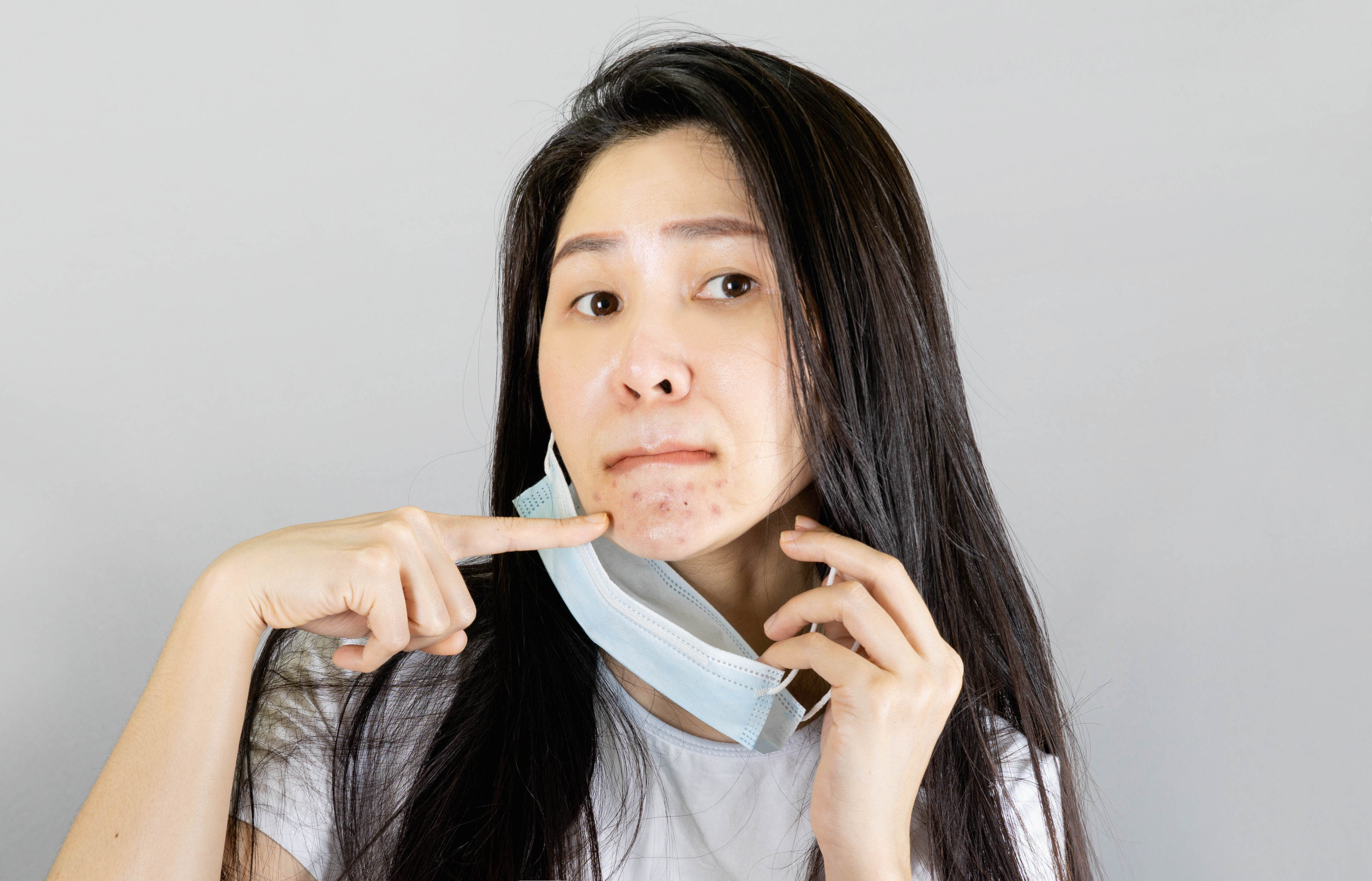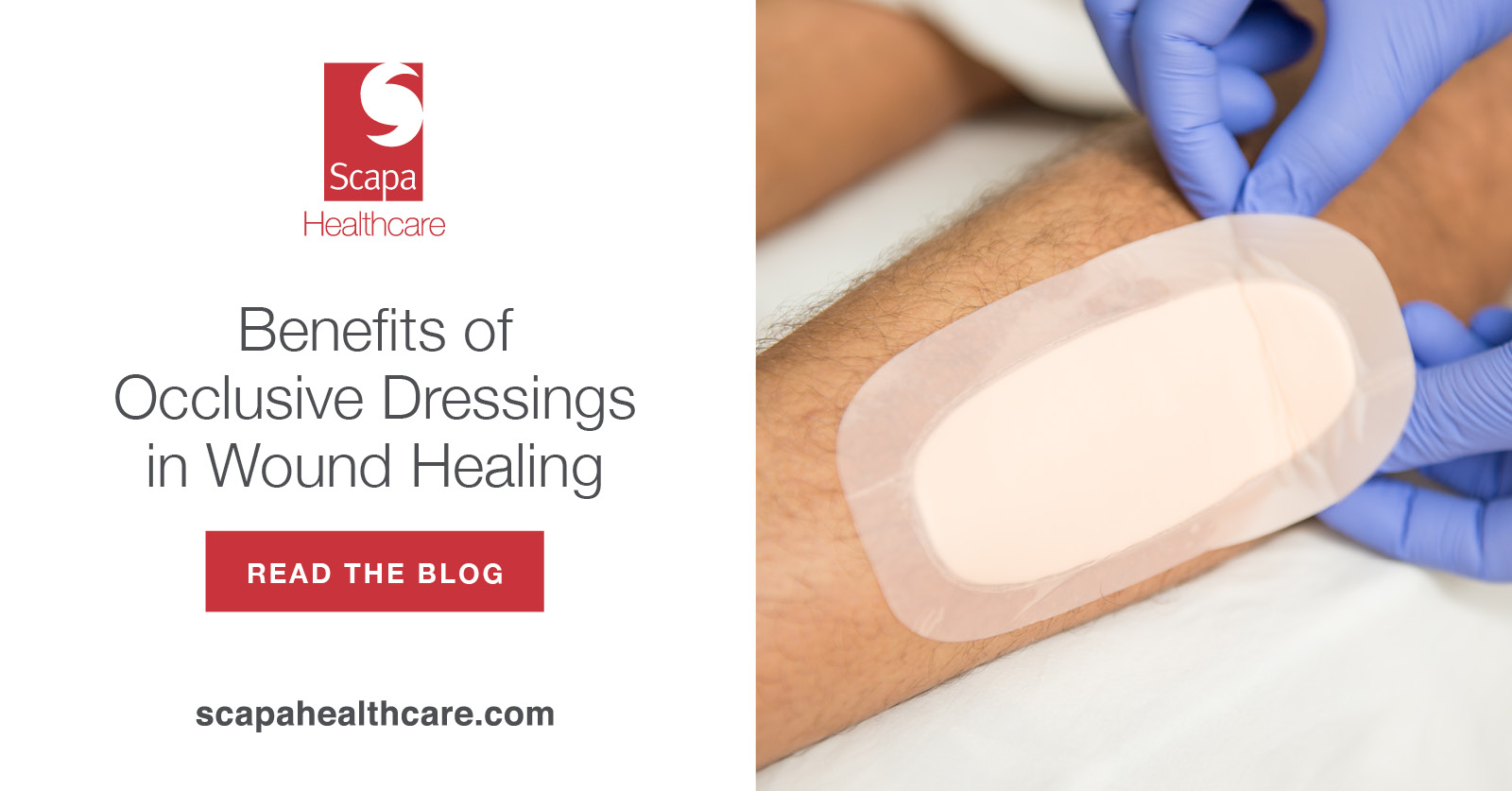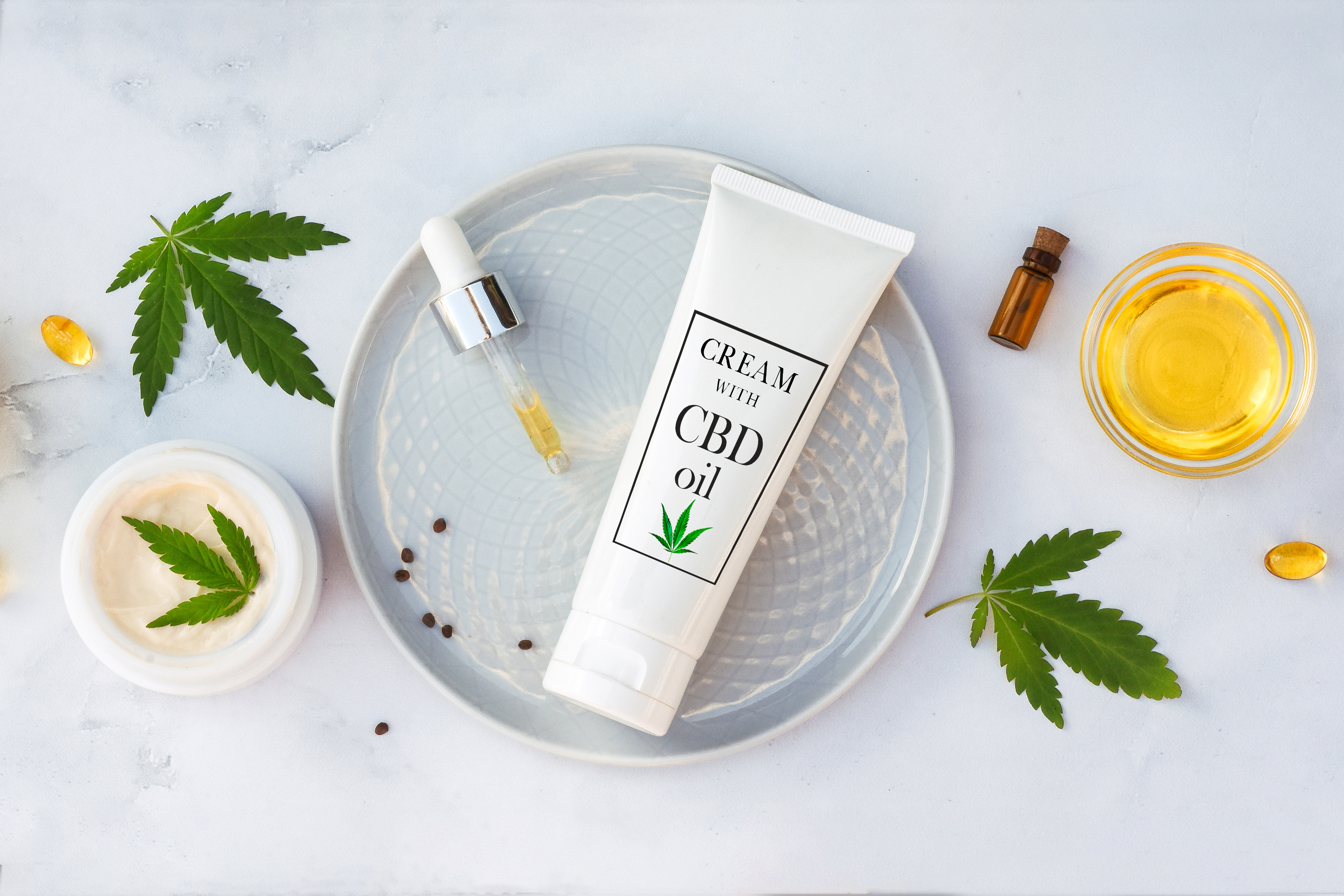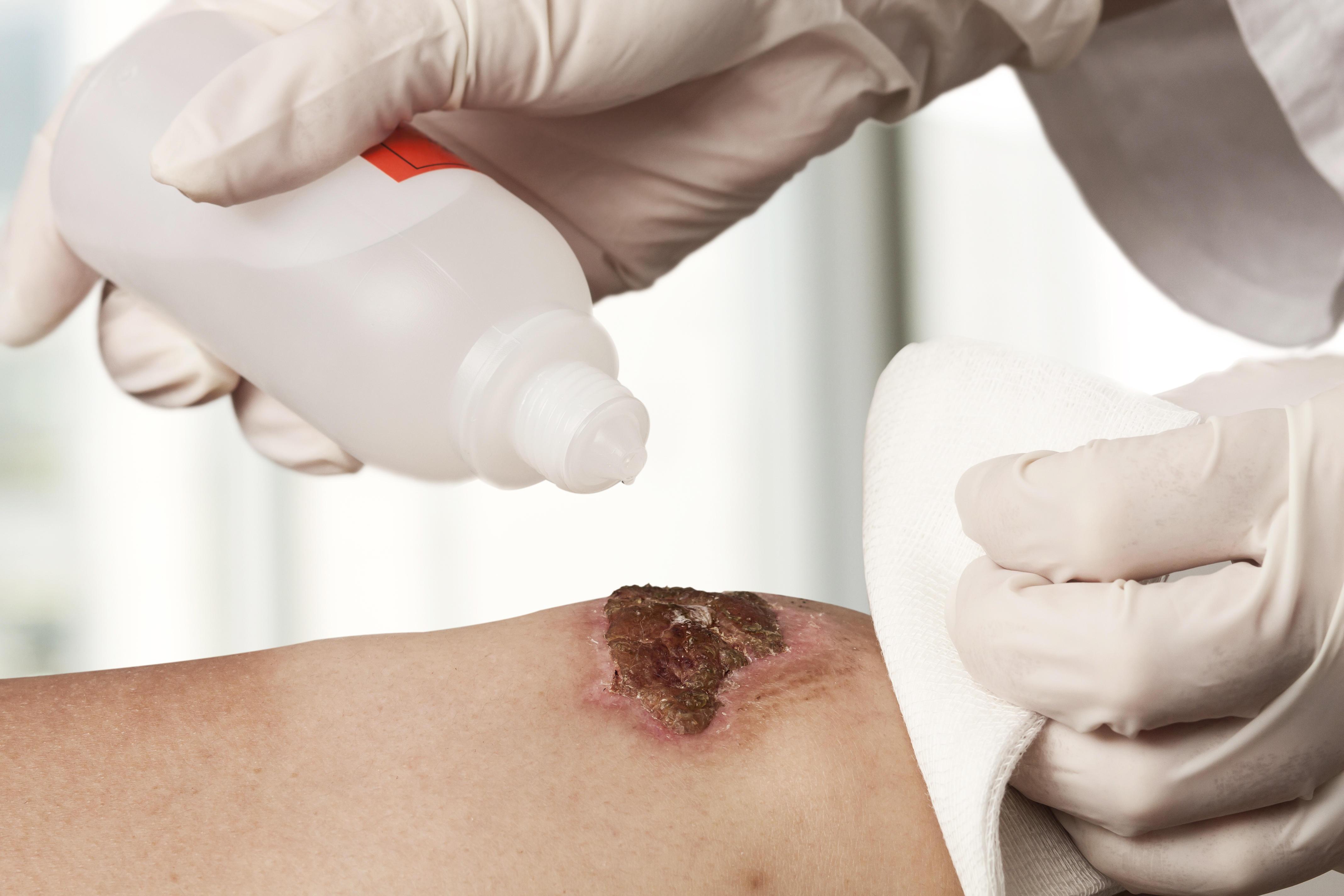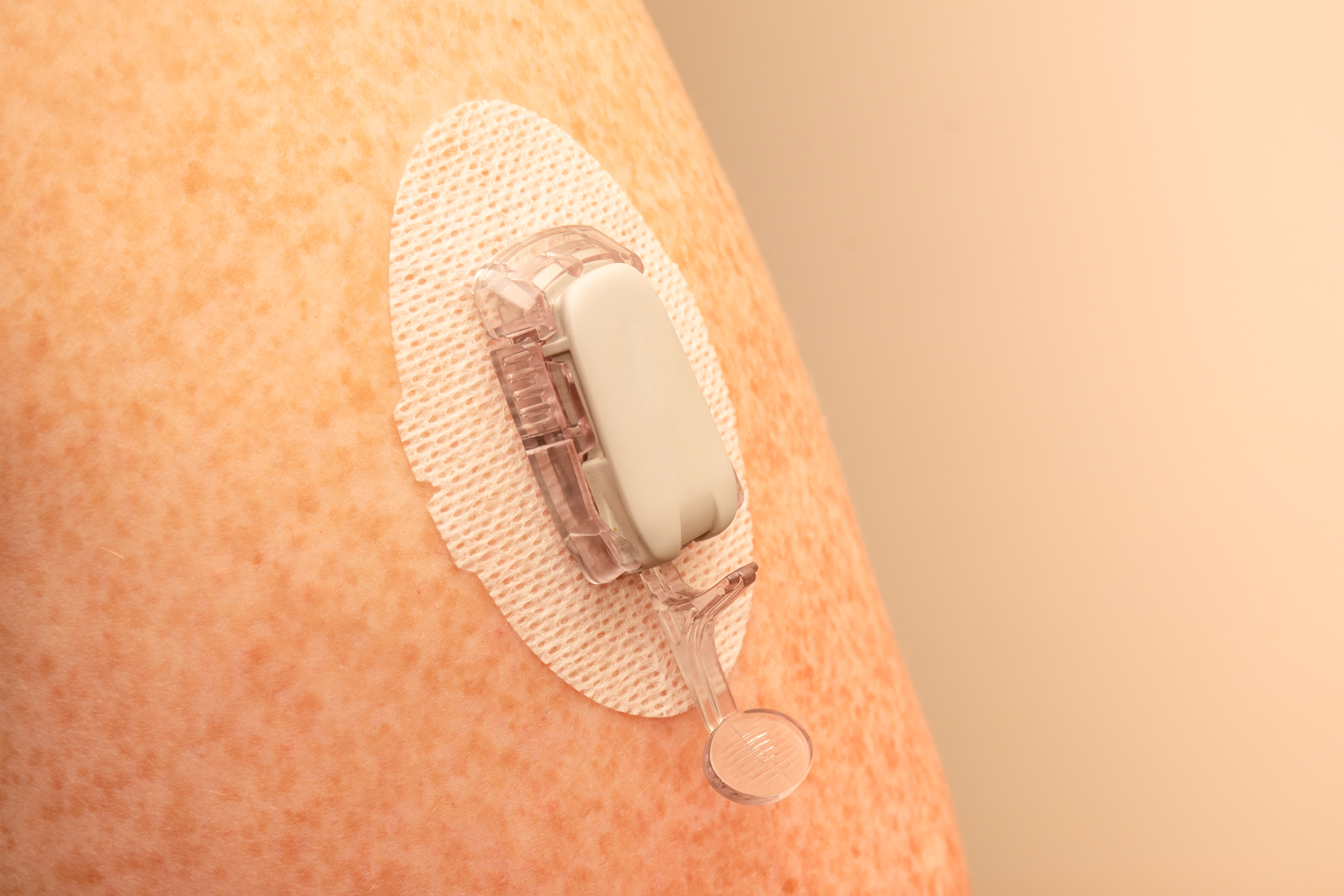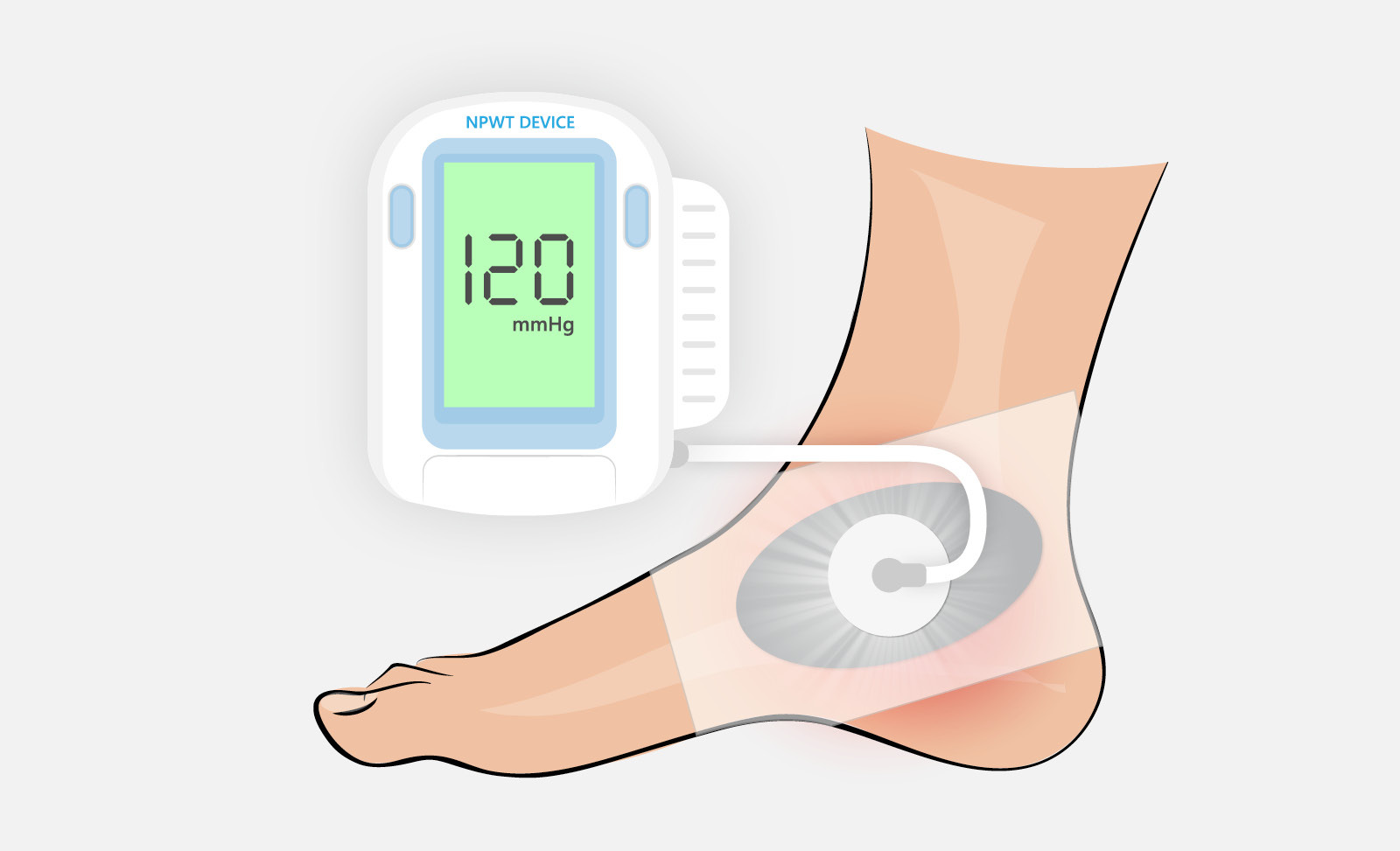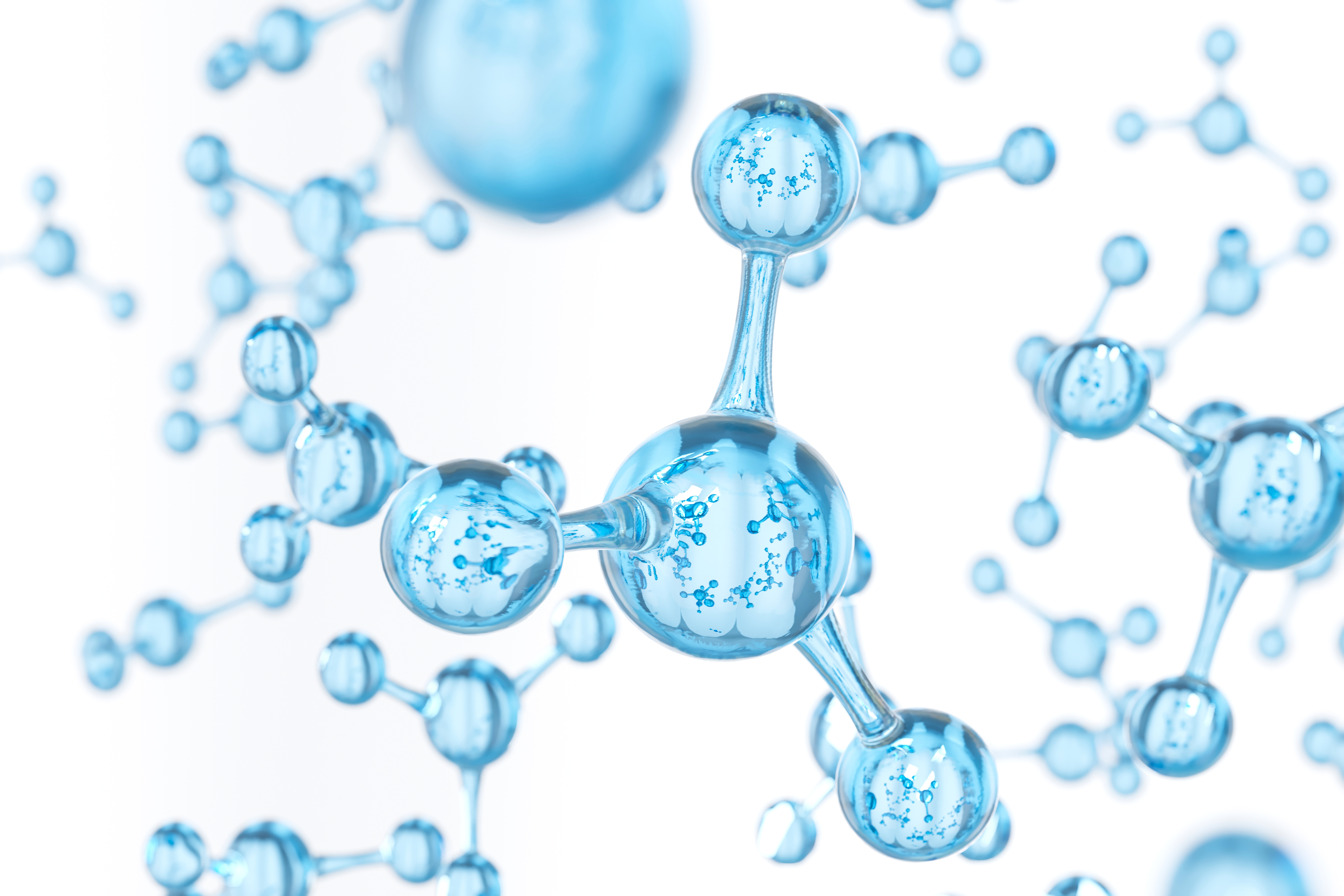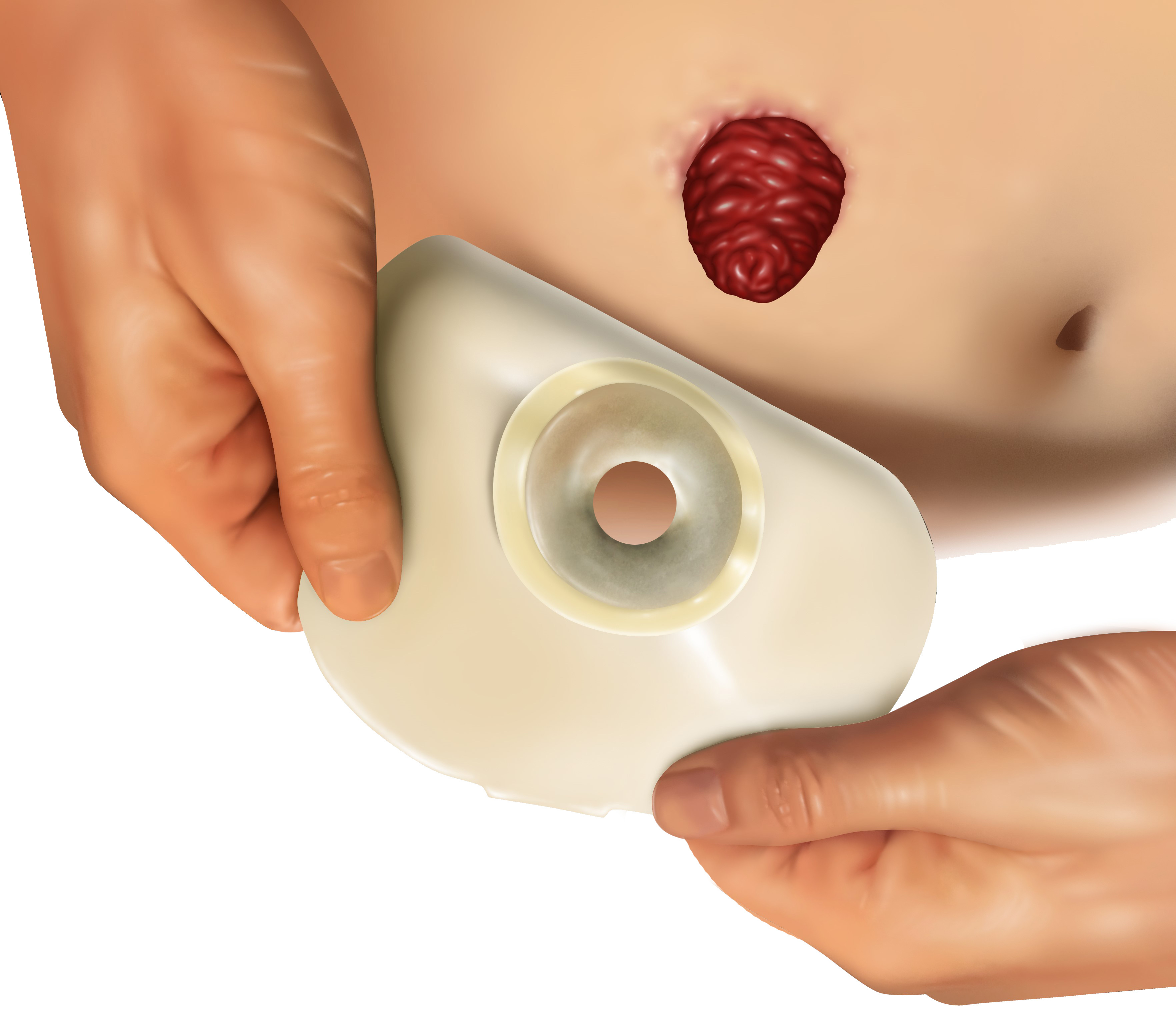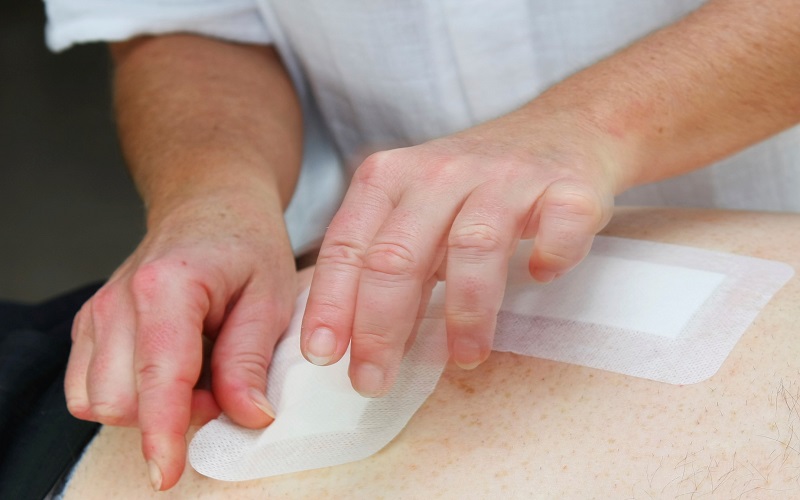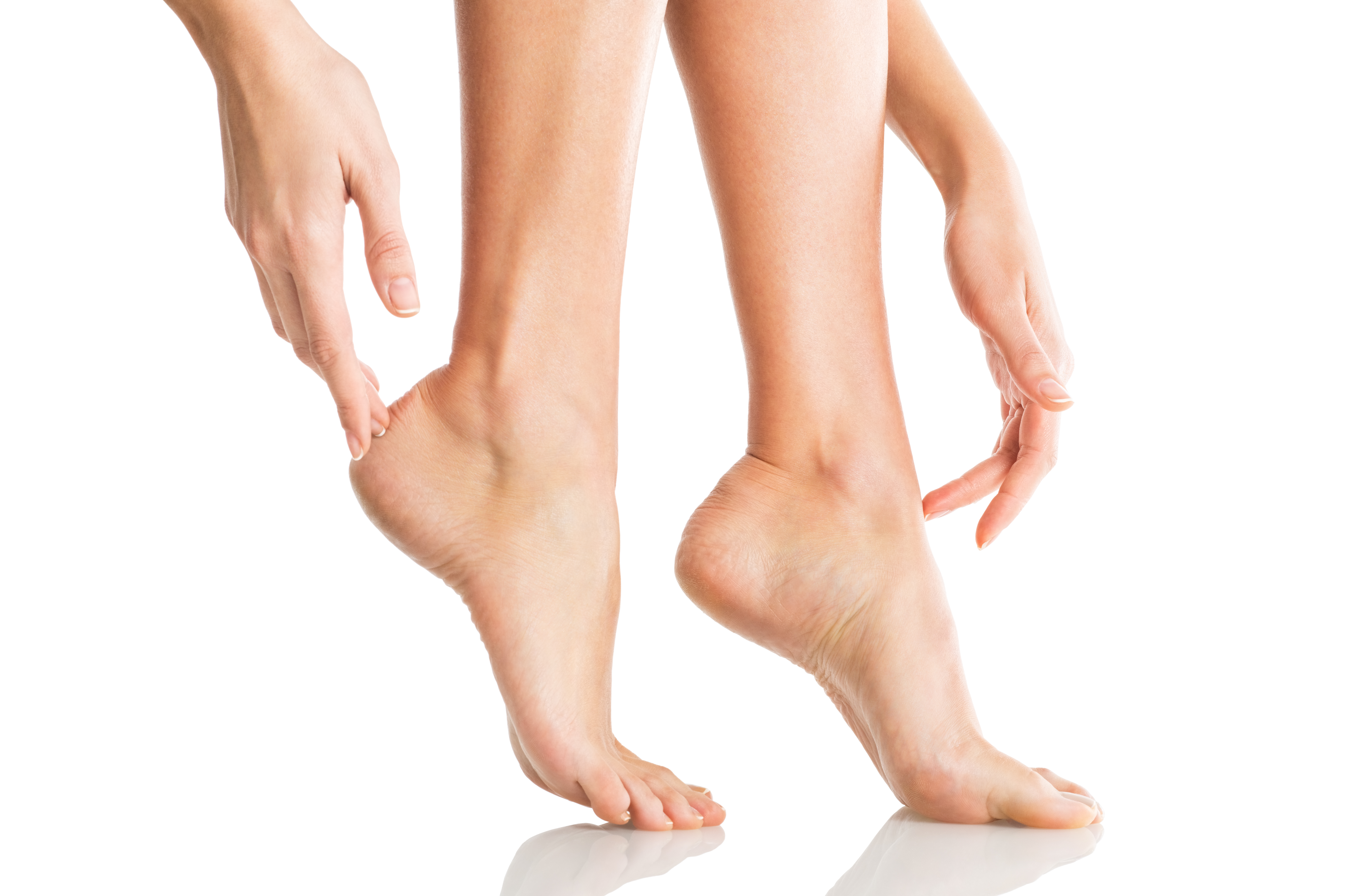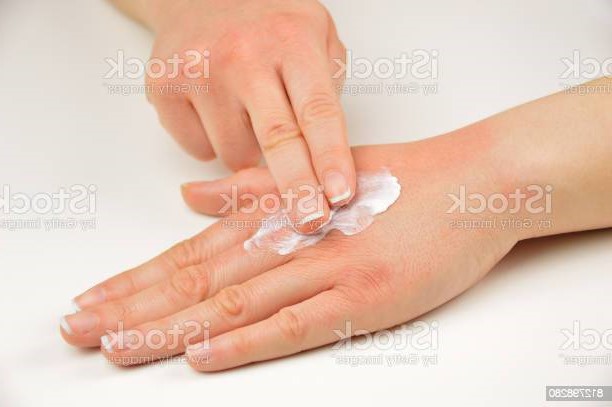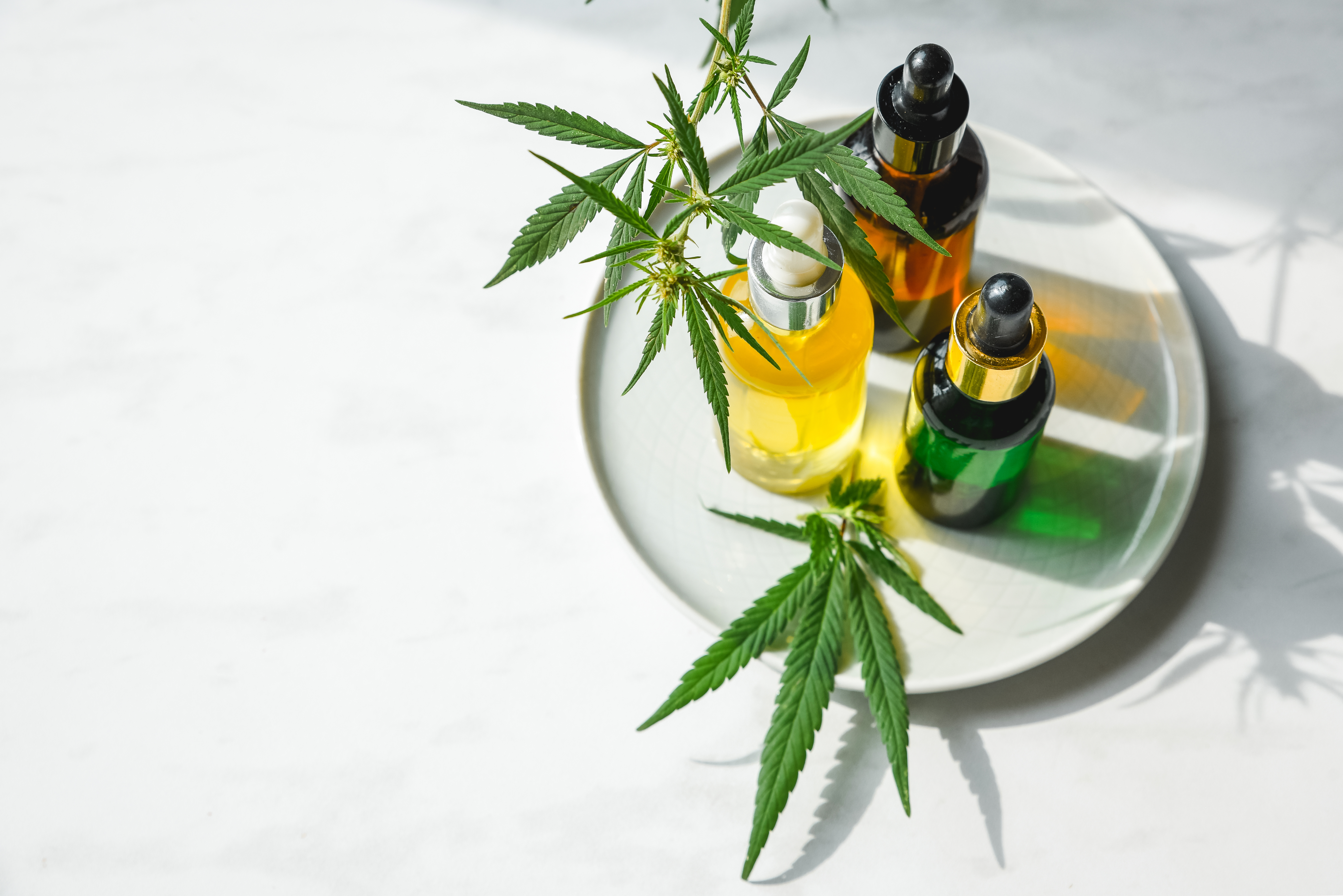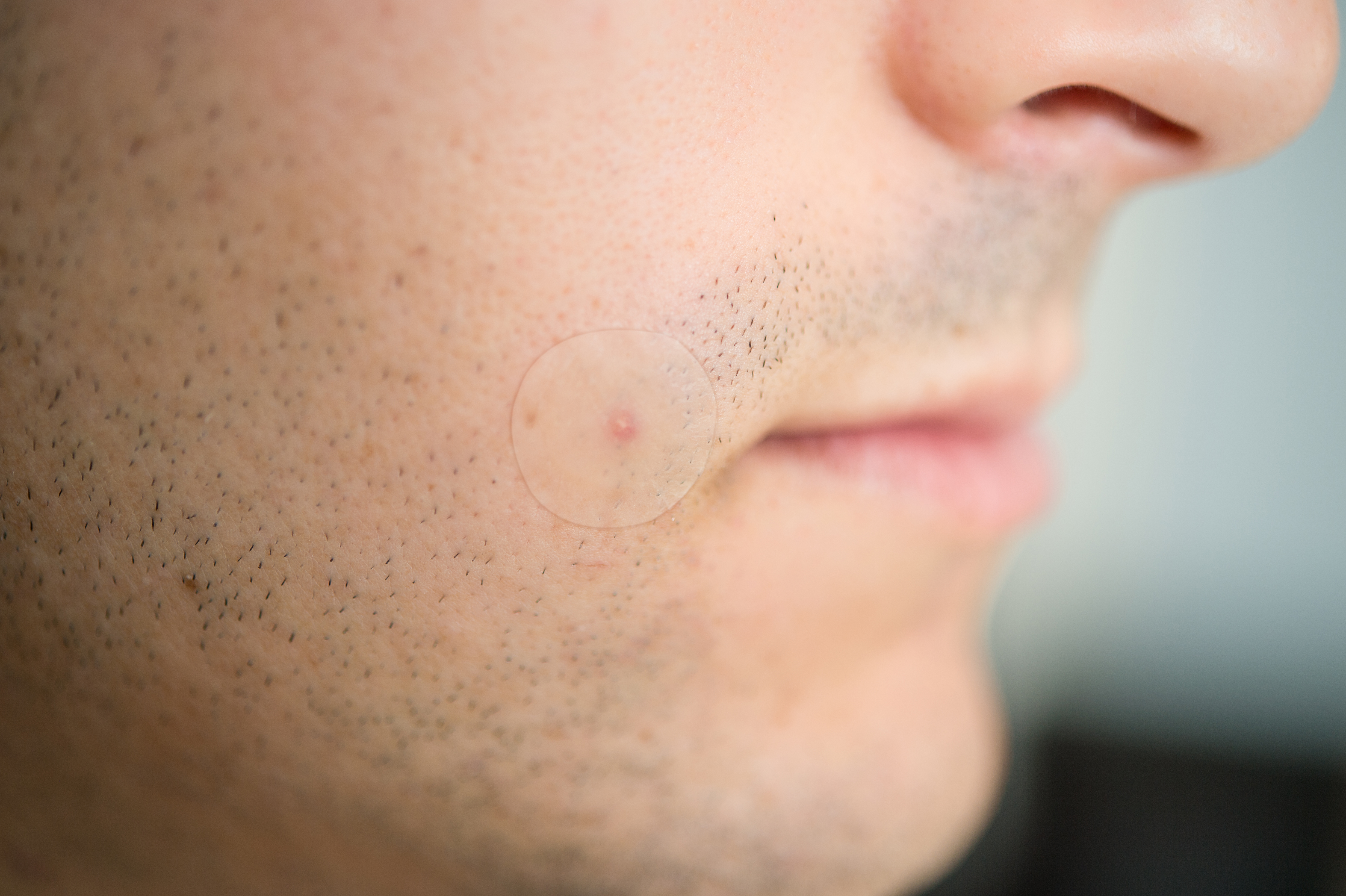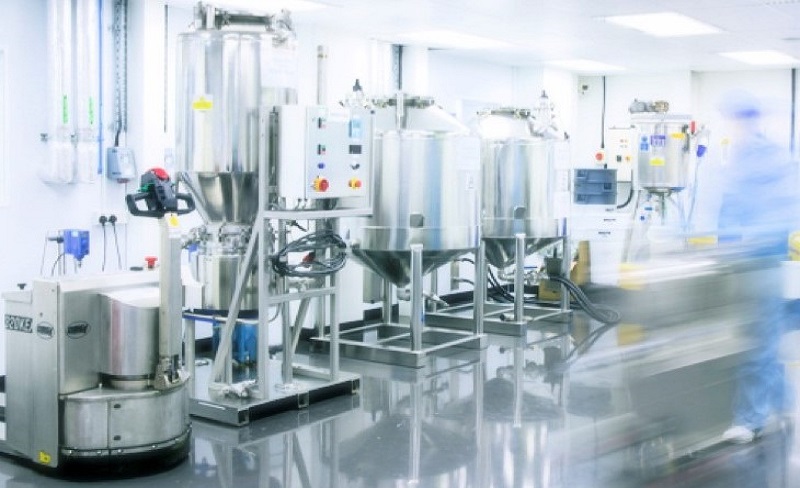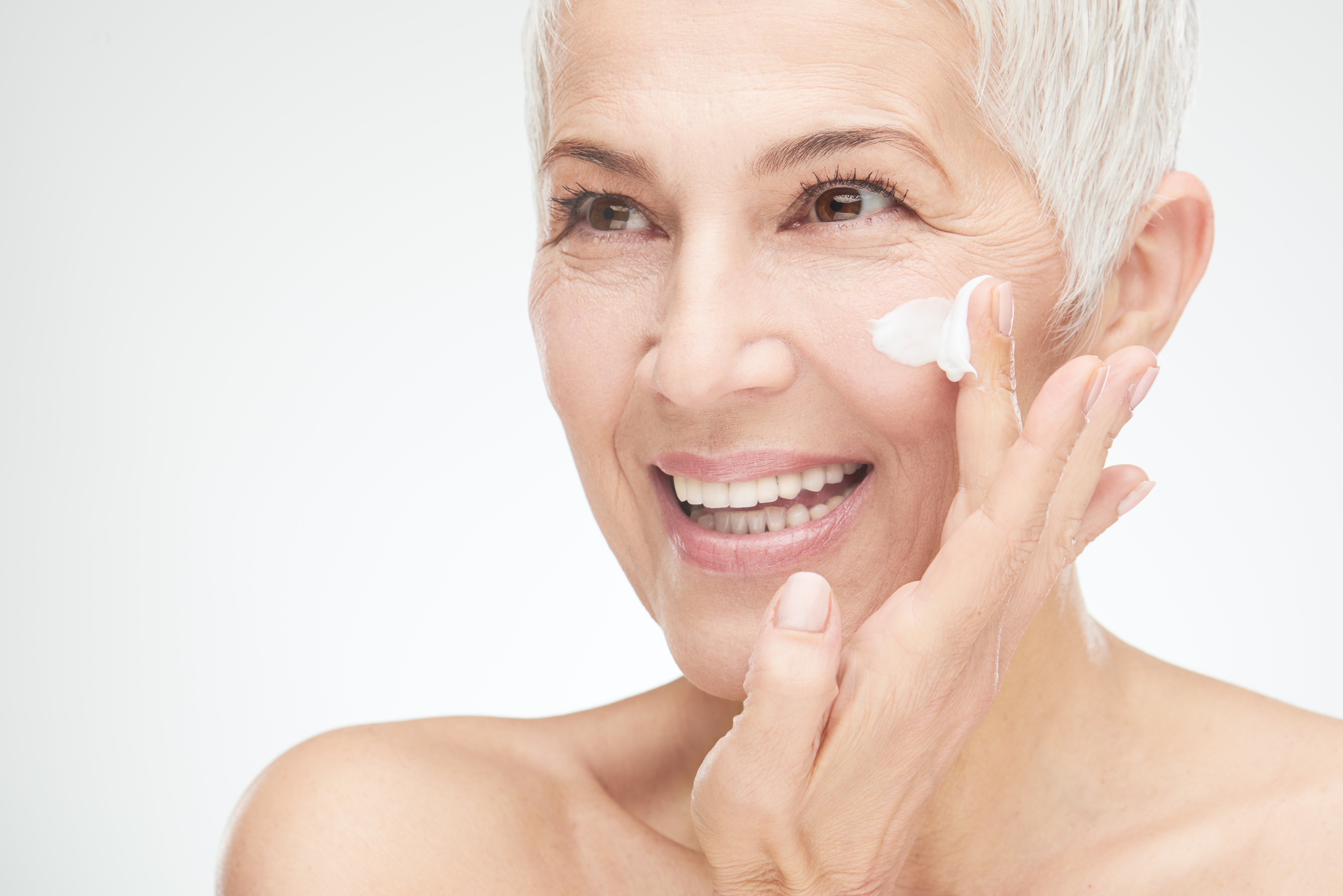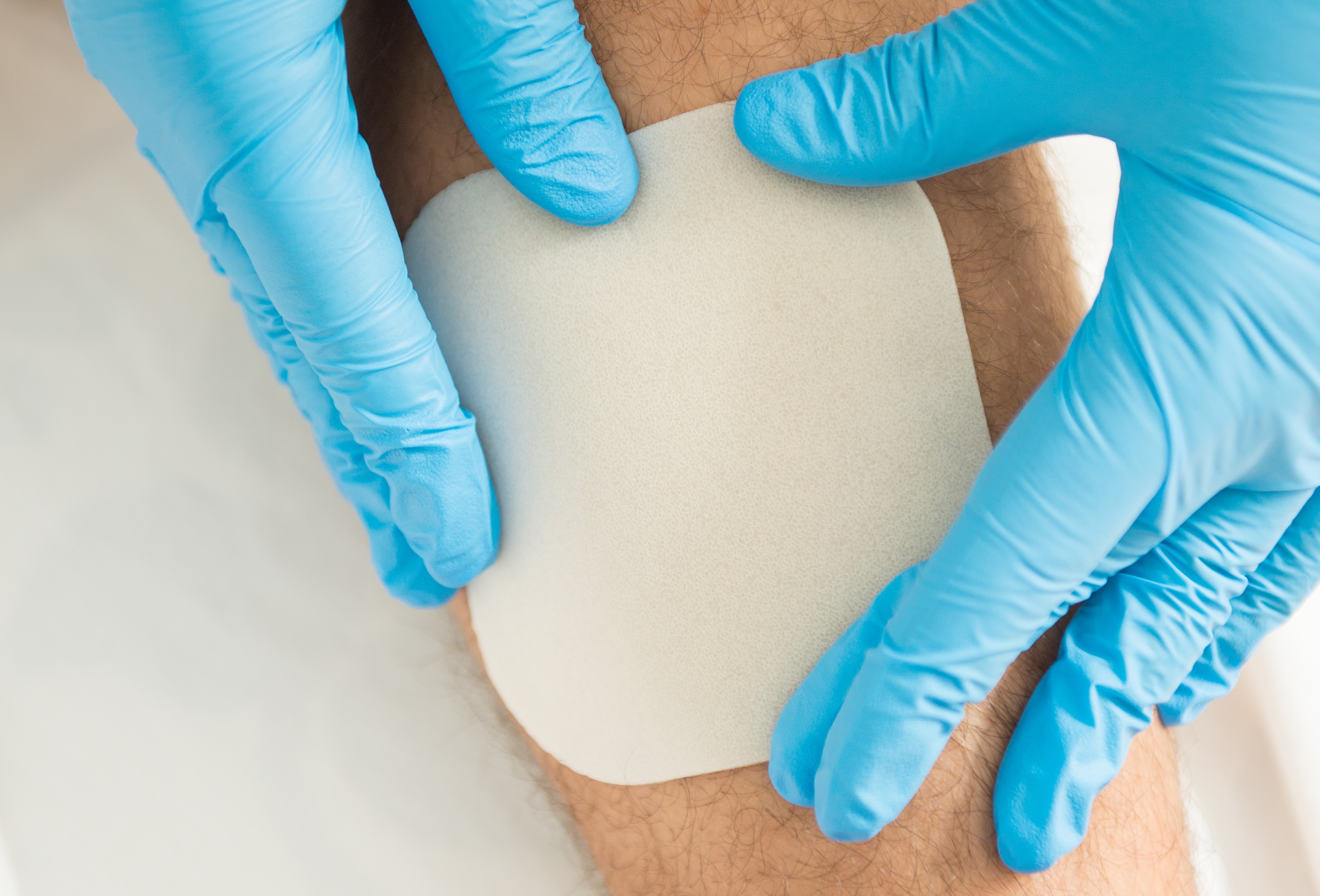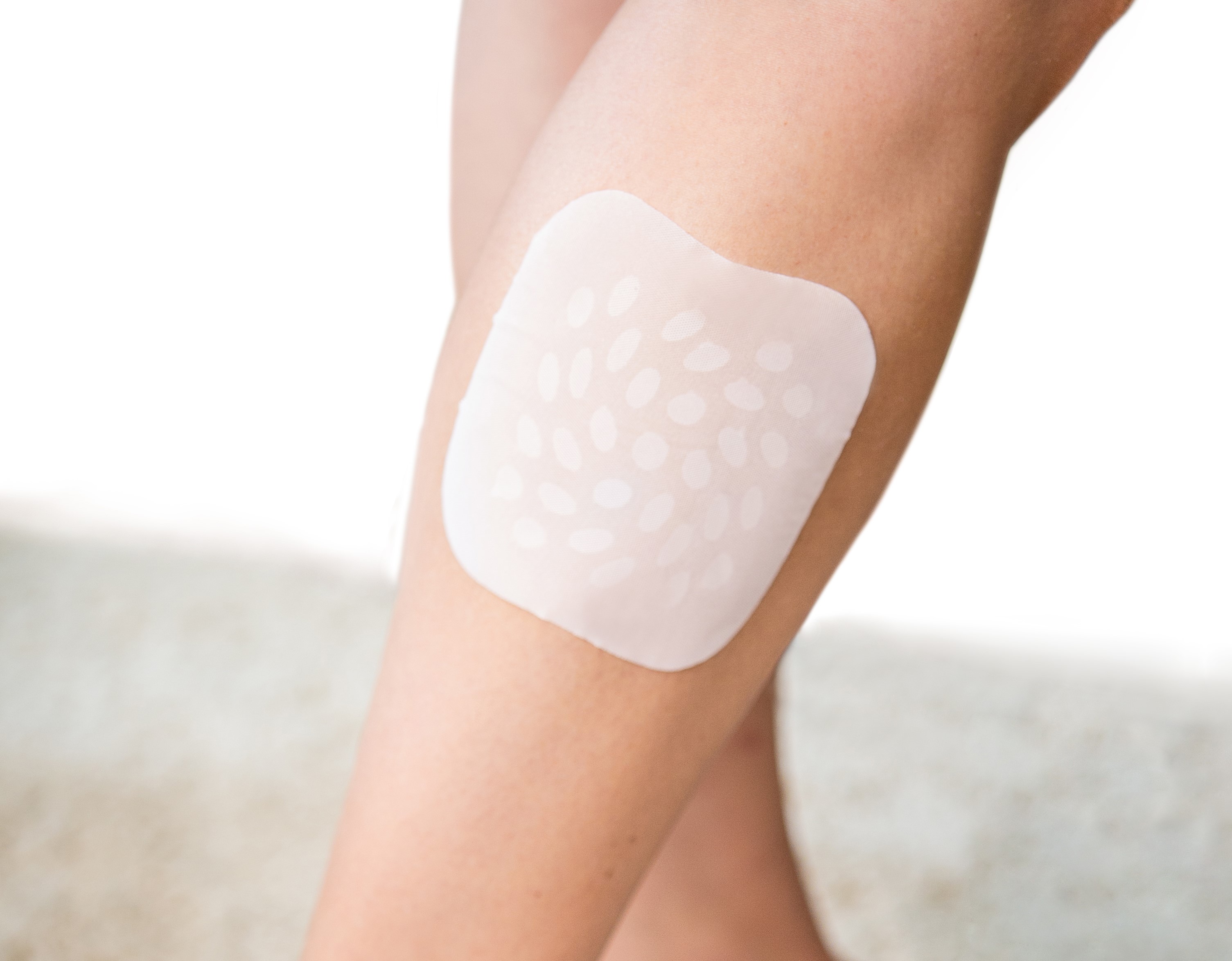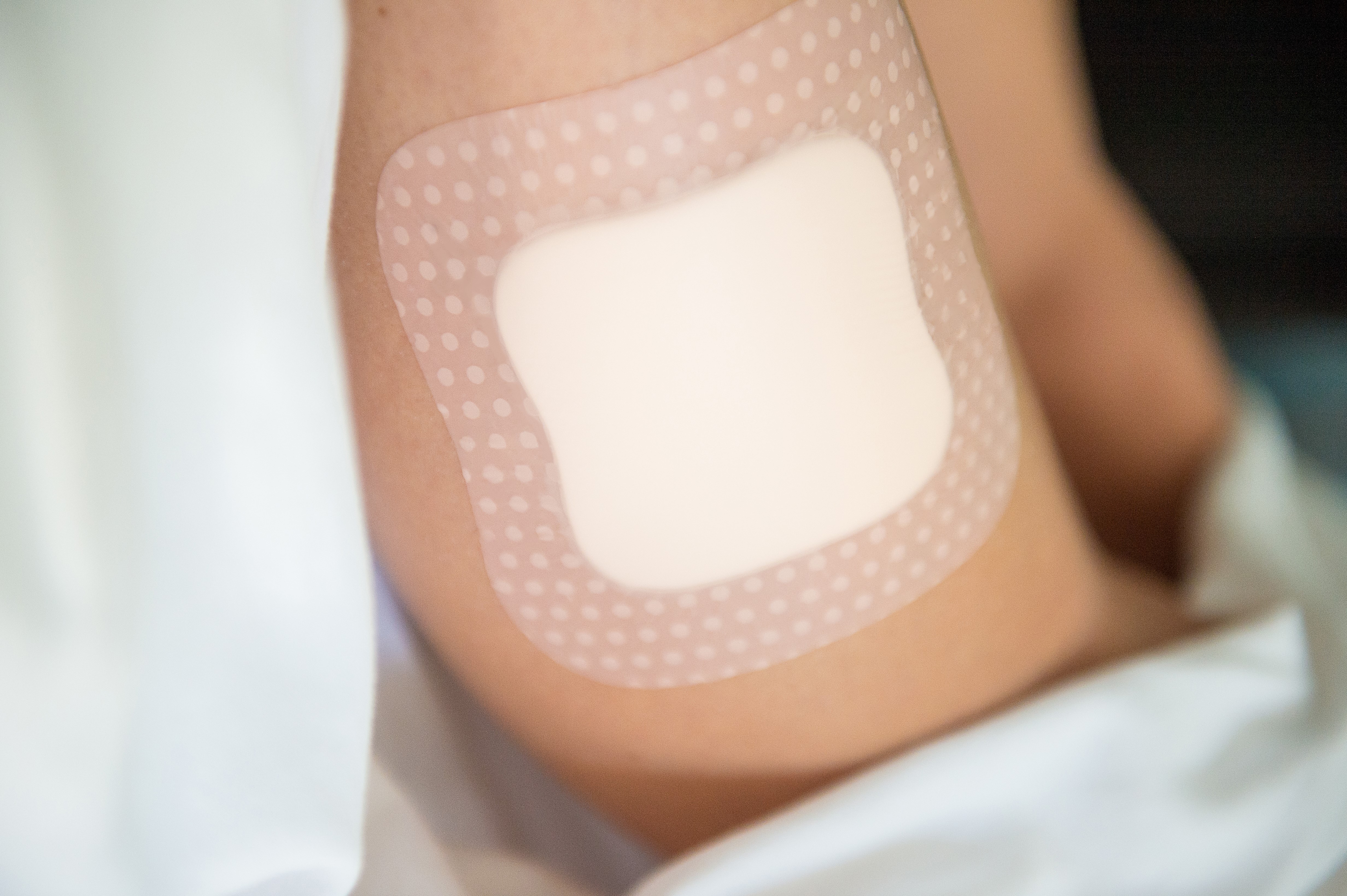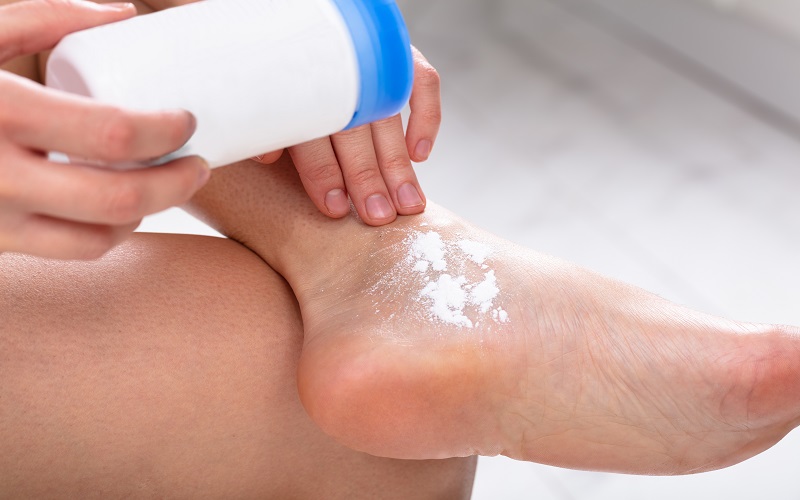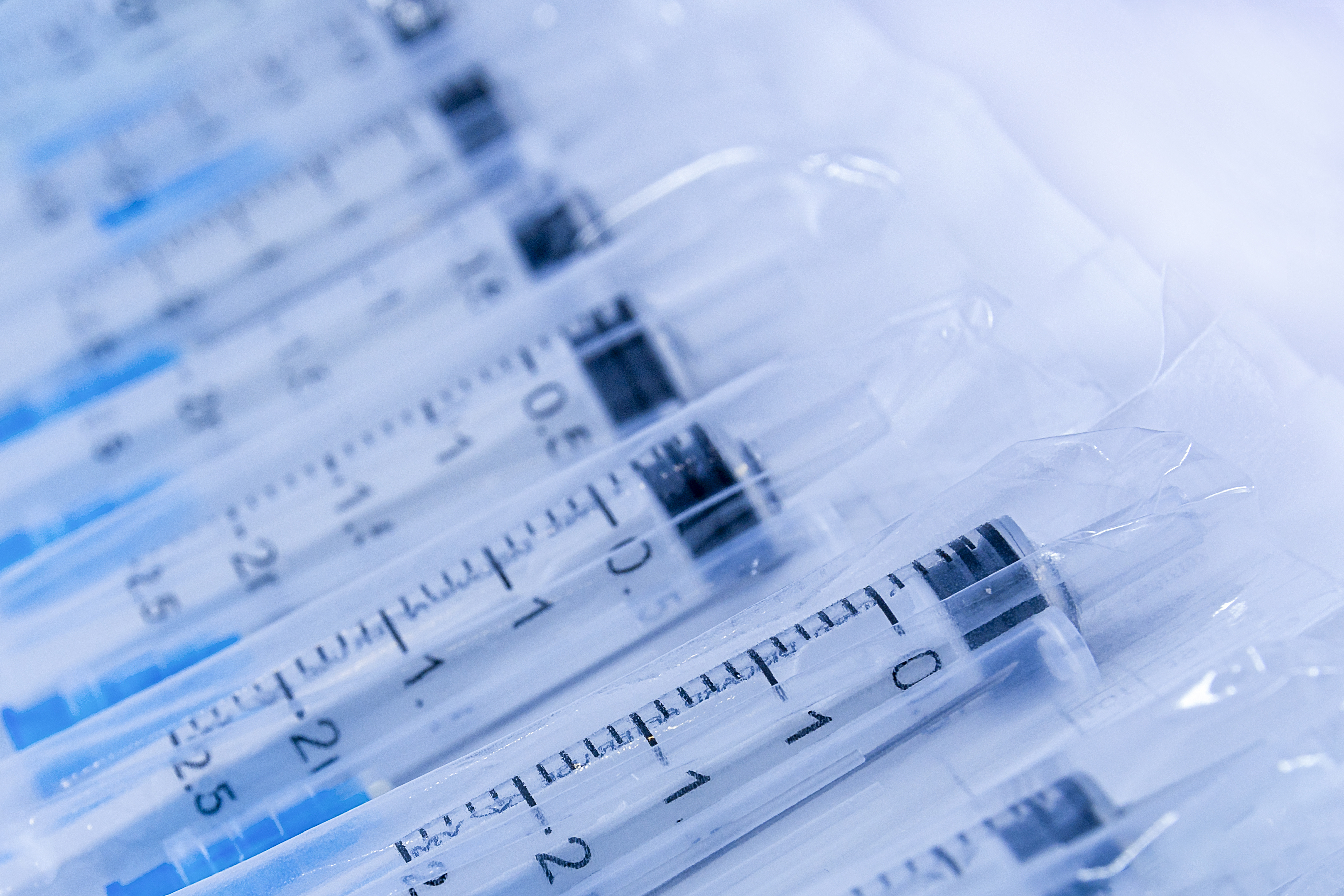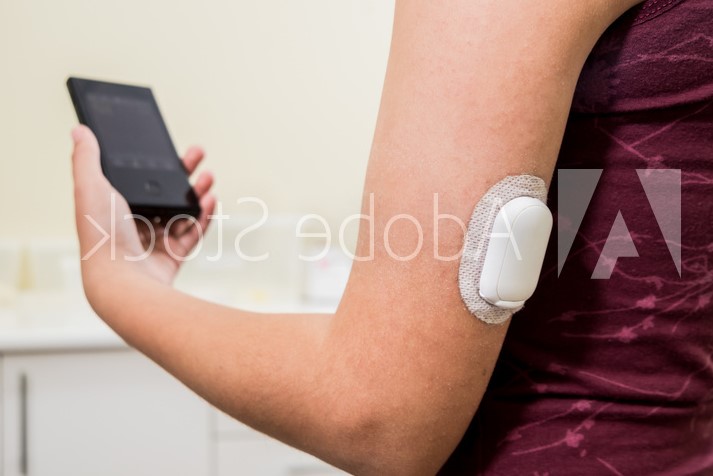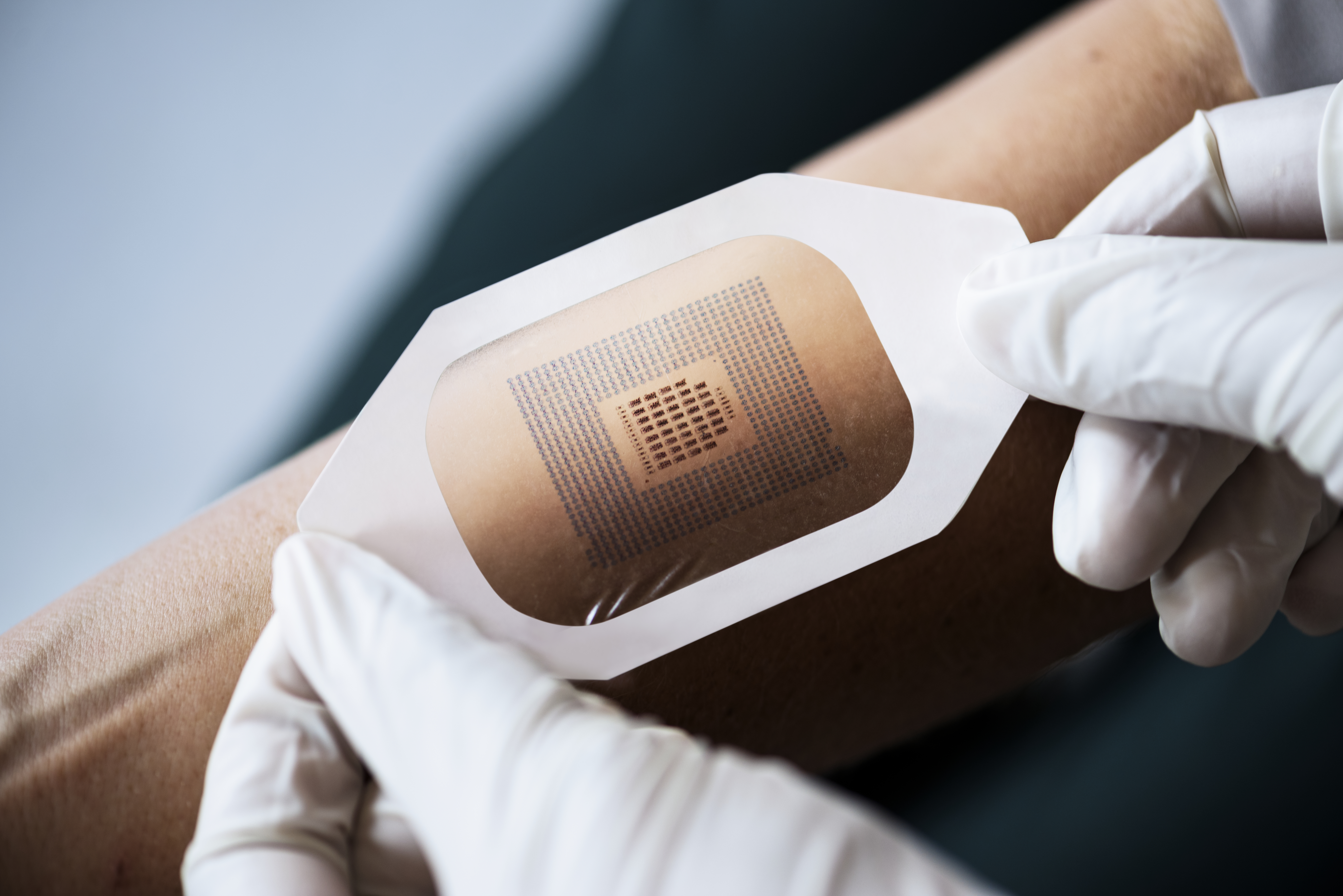As a result of the COVID-19 pandemic, breakouts that occur from wearing a mask have become so common that the term "maskne" has gained popularity.
As a result of the COVID-19 pandemic, breakouts that occur from wearing a mask have become so common that the term "maskne" has gained popularity. Face masks can interfere with the skin’s natural shedding process throughout the day, leaving dead skin on the face and clogging pores. According to skin care professionals, the moisture-rich environment under a mask is ideal for the growth of bacteria and other organisms that can cause skin conditions to flare up. Coupled with pandemic-induced stress and the friction of fabric against the skin, dermatologists are seeing a rise in some forms of acne, especially “perioral dermatitis”, which typically occurs around the mouth and nose.1
Maskne is not a new concept. Known by healthcare professionals as “acne mechanica,” the condition is quite common among athletes who wear helmets or chin guards for their particular sport. Healthcare and other frontline workers are most at risk now for developing maskne because their masks are tighter fitting and they are wearing them for longer periods of time. A research letter published in the Journal of the American Academy of Dermatology reported that at least 83 percent of healthcare workers in multiple hospitals suffered skin problems on the face during the pandemic.2
- Choose a mask that allows skin to breathe. Dermatologists recommend soft fabrics like cotton or silk vs. synthetic materials.
- Underneath the mask, use skin care and makeup products that are labeled non-comedogenic or oil-free to reduce the chance of breakouts.
- The mask will intensify product delivery to the skin, which accelerates production of acne and clogging of pores in the skin. Hence, dermatologists suggest avoiding applying makeup in the under-mask area entirely: specifically, heavy foundations and multiple product layers.
- Removing any makeup, dirt, oil and bacteria from the skin by washing the face once or twice daily with a mild cleanser is highly recommended.
- Avoid rubbing, picking and over-scrubbing your skin; exfoliating no more than once or twice a week.
- Moisturizers or broad spectrum SPF sunblock that contains zinc or titanium reinforce the skin and may serve as a barrier against mask friction and irritation.3
The Centers for Disease Control and Prevention recommend washing cloth masks after each use – and/or having multiple masks in rotation – which helps remove oils and dead skin that collect inside the mask.4 Use warm water and a gentle detergent that will not irritate the skin. With skin conditions such as rosacea or eczema, facemasks can provide added irritation and trigger symptoms so it is important to continue following a dermatologist’s recommendations.
________________________________________________________________________
1 LaMotte, Sandee, CNN Health, ‘Maskne’: Why your face is breaking out under your mask and how to stop it”, June 25, 2020 https://www.cnn.com/2020/06/25/health/maskne-acne-covid-masks-wellness/index.html
View website


